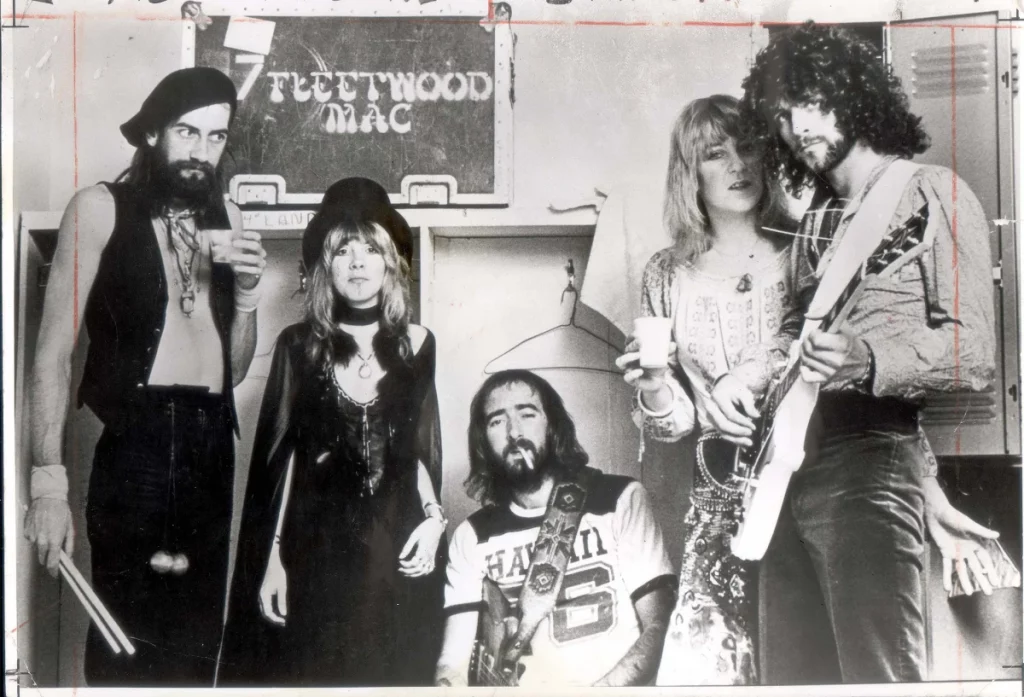Since their founding in 1967, Fleetwood Mac has had a significant influence on rock music. From blues and folk music to pop and country, they combined a variety of musical genres to produce a distinctive sound that caught the attention of listeners all over the globe. Despite the fact that the band’s lineup has changed over the years, their impact can still be felt today.
Over the course of the band’s long career in the music business, Fleetwood Mac has experienced its fair share of mishaps and problems. When the band was called “fake” in 1974, it was one of the band’s most enduring problems.
After experimenting with various lineups while on the road, Bob Welch joined the group, sharing lead vocal duties on early hits like “Sentimental Lady” with Christine McVie. The band was in the midst of a tour at the start of 1974 after Welch departed the group when tragedy struck.
After learning that Bob Weston was having an affair with his wife, Mick Fleetwood suddenly called off the series of live performances. The fact that the band was beginning to use narcotics heavily at this time didn’t help either. The band’s namesake and de facto boss, Fleetwood, had the other members’ support. Clifford Davis, the band’s promoter, had a different strategy in mind.
With the band members wishing to take a break from making music, Davis made the audacious decision to assemble a group of musicians to assume the Fleetwood Mac name and mantle. Elmer Gantry (also known as Dave Todd), Kirby Gregory, Paul Martinez, John “Dave/David” Wilkinson, and Craig Collinge made up this group. The “new” Fleetwood Mac was quickly scheduled for a US tour in January and February by Davis.
It’s also believed that Davis persuaded the new recruits by promising that Christine McVie and Mick Fleetwood would travel with the group. On January 16, 1974, the group made its debut; however, promoter Rich Engler prevented them from playing after discovering they weren’t the real thing. The audience originally responded favorably to the band’s performance after a fight between Engler and Davis, but as the show went on, some attendees realized that Fleetwood Mac wasn’t the group they were used to seeing. Refund complaints quickly began to rise; Davis objected, but Engler still gave refunds despite her objections.
After the band’s boss went to court and endured an unpleasant legal process, another catastrophe quickly occurred. Fleetwood had to search for a replacement frontman after Welch declared he no longer wanted to be a part of the group. The album by Buckingham/Nicks was being worked on in one of the neighboring studios, and Fleetwood was intrigued by the duo. The plan was to have Buckingham join Fleetwood Mac as the main guitarist and singer, but Buckingham refused to perform without his partner, making Fleetwood Mac a five-piece.
The band was worn out during this time due to court disputes, making it one of their most devastating periods. However, Fleetwood Mac ultimately emerged from the ashes, writing the album Heroes Are Hard To Find.

